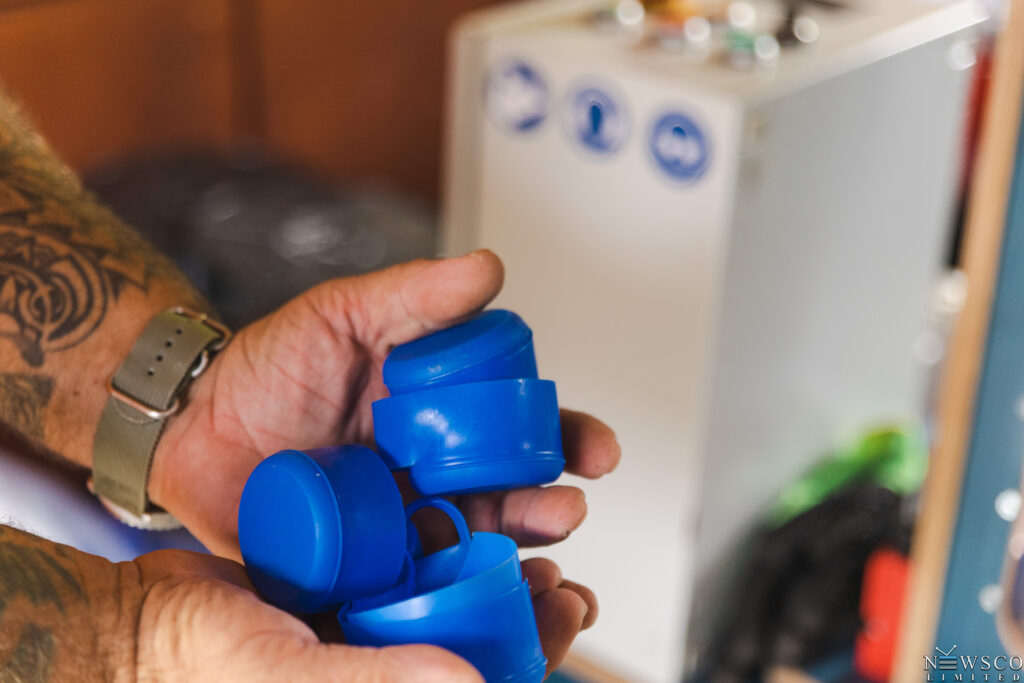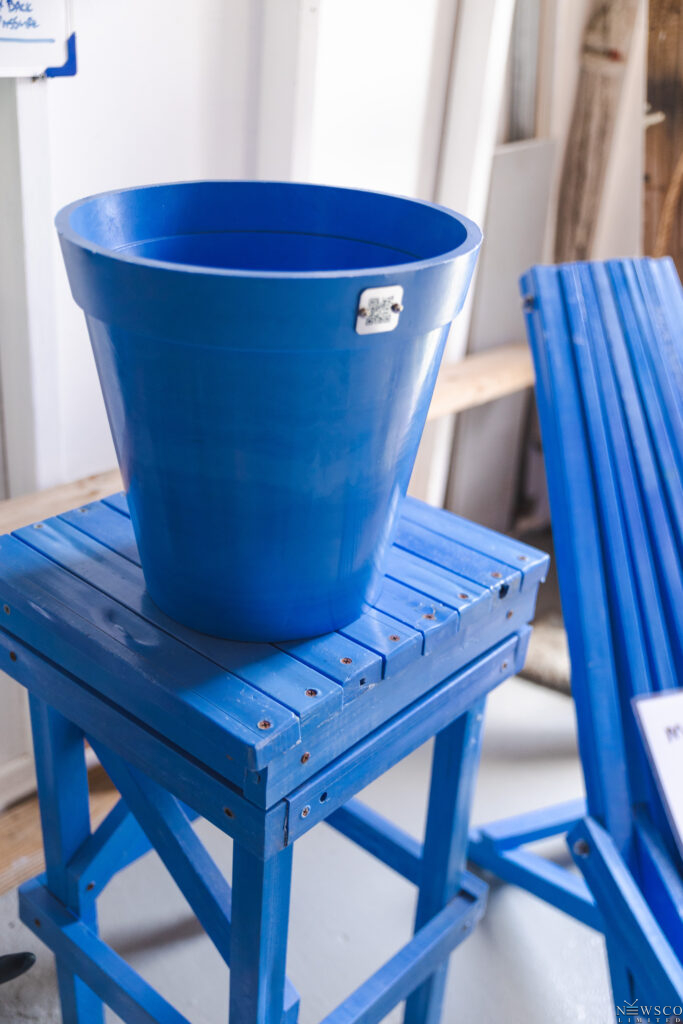
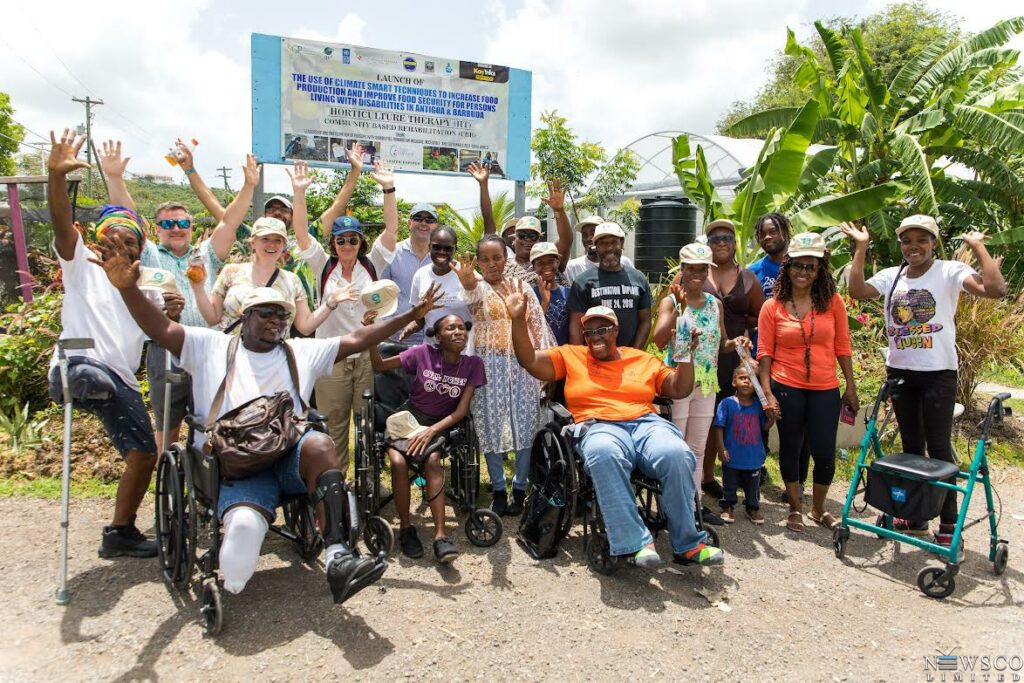
World leaders pledged to accelerate sustainable development for small island developing states (SIDS) at the fourth United Nations SIDS conference held from May 27-30 in Antigua and Barbuda, where they unanimously adopted the Antigua and Barbuda Agenda for SIDS.
The four-day event at the American University of Antigua brought together around 3,000 participants, including 22 heads of state and government, to advocate for SIDS to become a priority in the global development agenda.
SIDS are uniquely vulnerable to the climate and biodiversity loss crises. This also means SIDS are at the frontline of efforts to tackle their ripple socio-economic and environmental effects, leading on the development of innovative solutions to an array of challenges that range from plastic pollution to climate change adaptation.
During the SIDS4 Conference, representatives of the Global Environment Facility (GEF), the United Nations Environment Programme (UNEP), the United Nations Development Programme (UNDP) and others had the opportunity to visit five local civil society organisations that are current and future grantee partners of the GEF Small Grants Programme (SGP) in Antigua and Barbuda.
The first stop was at the BBC grounds, where visitors saw the apiaries of the Antigua Beekeepers Cooperative Society and learned about the links between sustainable apiculture, biodiversity conservation, and food security. One of the beekeepers, Jermaine Scotland, explained how the apiary had grown and talked about the professional development and regional exposure that the participating beekeepers had received thanks to this initiative.
“We really have to thank GEF for funding our project. The apiary, along with our skills, have truly expanded over the past few months,” remarked Scotland.
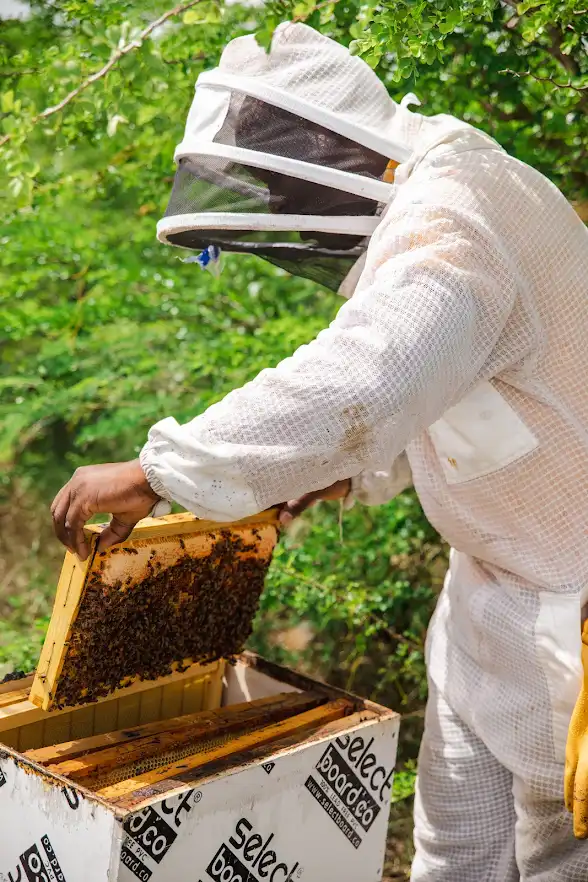
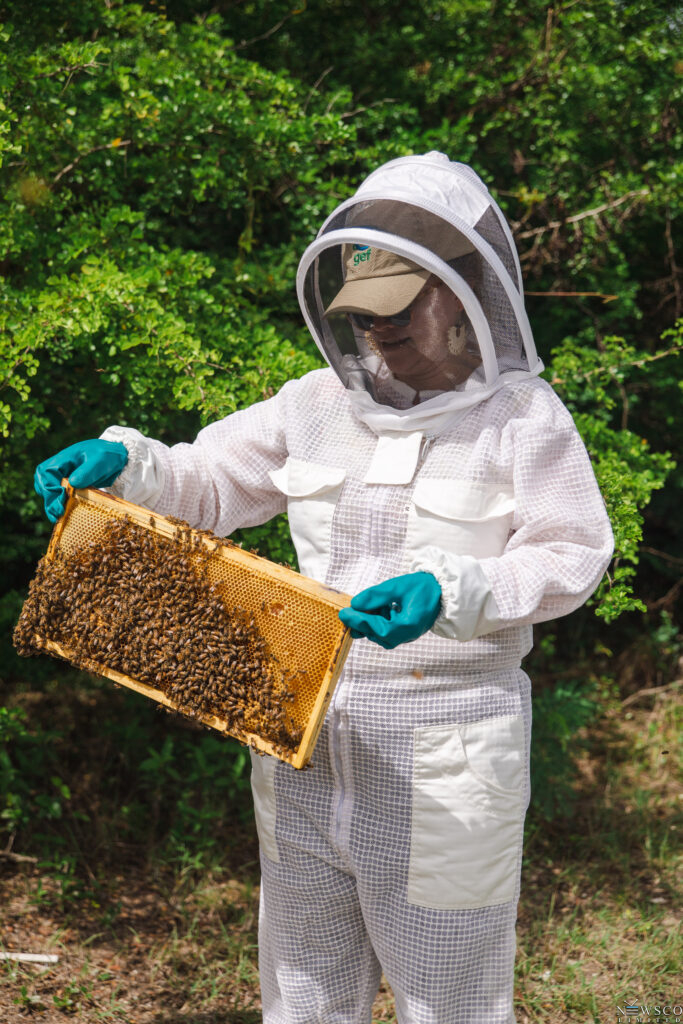
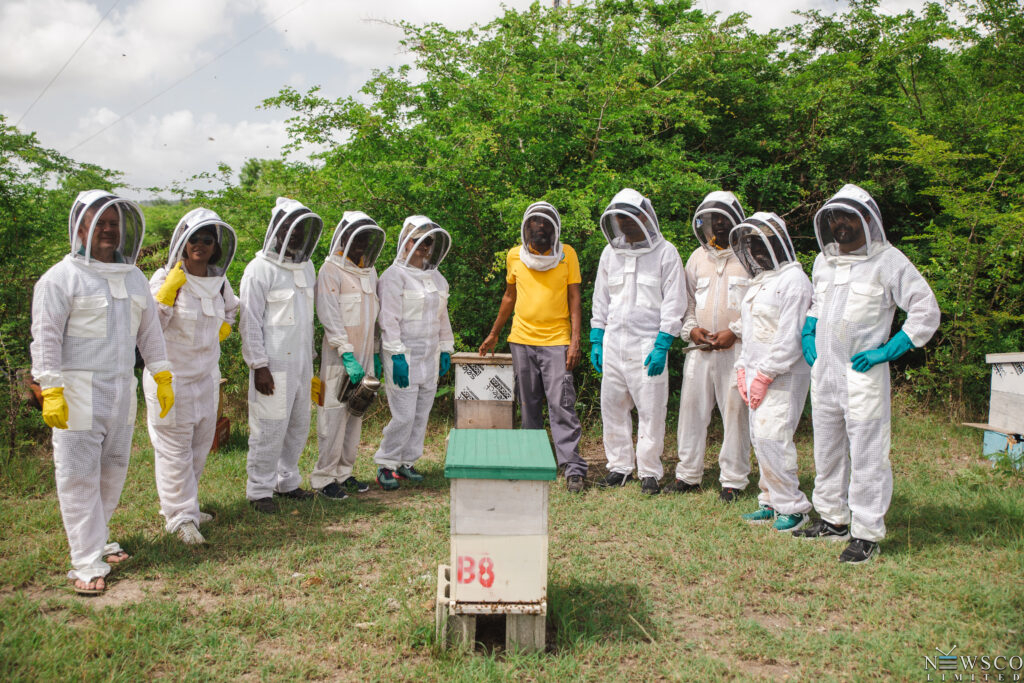
The second stop was at the Antigua and Barbuda Association of Persons with Disabilities (ABAPD), which introduced the visitors to their climate-smart agricultural project focused on food security and therapy for persons living with disabilities. According to the ABAPD President, Bernard Warner, “projects like this help boost food security in local communities. Thanks to funding from the GEF, we are able to support people who live with disabilities, and inspire others”.
As the group meandered through accessible pathways and raised beds (an area of enclosed soil elevated above ground) tailored to the height of people using wheelchairs, they learned about the updated hydroponics system and the preparations to set up an aquaponics system.
The GEF’s Biodiversity Specialist, Sarah Wyatt, noted that “this project is important because it is demonstrating how to grow healthy food now and for a future with climate change. By working with people with disabilities, the project is ensuring that all people are part of the vision for a prosperous and sustainable future.” As a family of funds dedicated to confronting biodiversity loss, climate change, and pollution, and supporting land and ocean health, GEF’s financing enables developing countries to address complex challenges and work towards international environmental goals.
Next, the group visited a project implemented by Good Humans 268 (Good Humans) to integrate recycling efforts across all 80 primary and secondary schools in the country. The Founding President of Good Humans, Joshuanette Francis, emphasized that awareness about the importance of waste management is increasing, particularly among young people, who pressure older generations to do better. The group also toured the West Indies Sail Heritage Foundation (WISH Foundation), which works with youth to collect and upcycle plastic bottle caps that are usually not recycled. Under this initiative, the bottle caps are processed in a carefully managed, child-friendly environment to produce useful items, such as flowerpots and bowls.
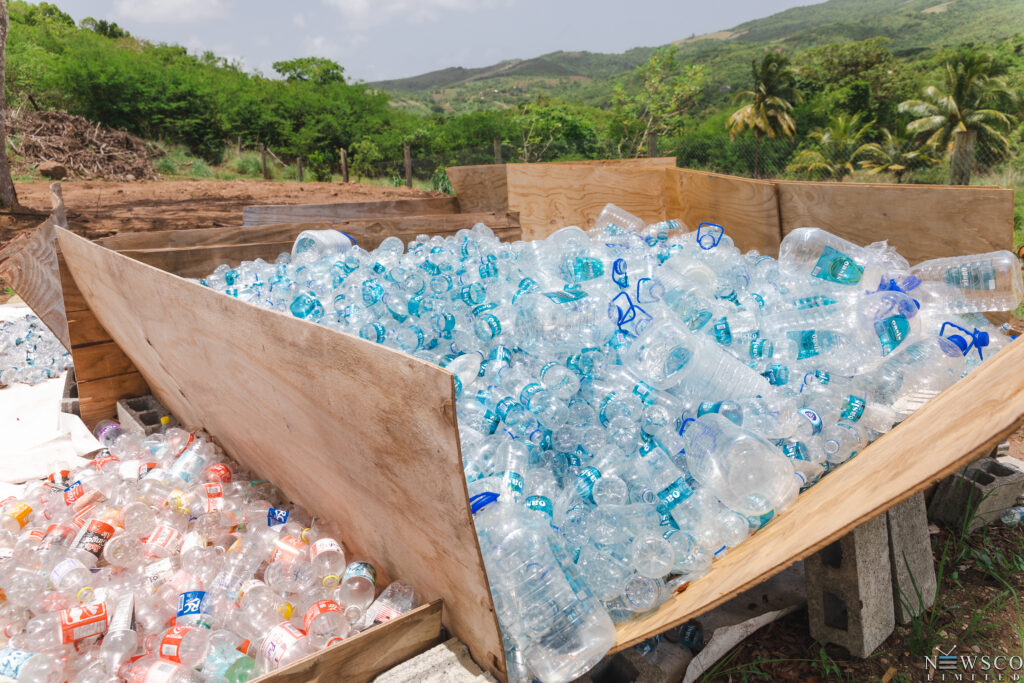
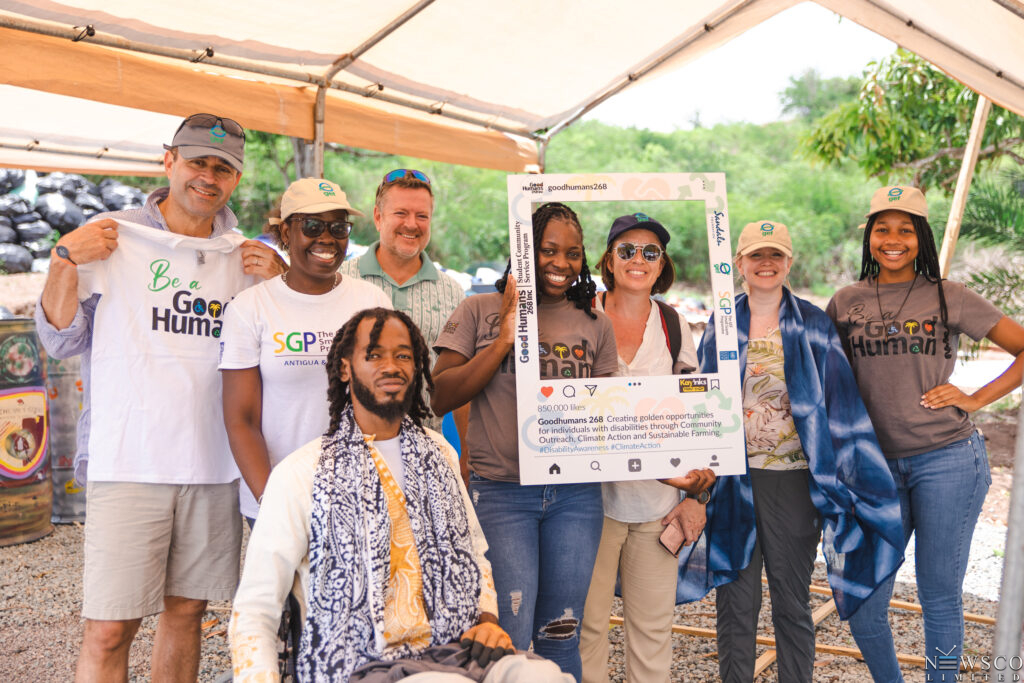
The final stop offered a welcome chance to cool down after a hot and busy day. The Elkhorn Marine Conservancy (EMC) led the group on a snorkel tour of their offshore, underwater coral nursery, which aims to help recover local reefs damaged by climate change, disease, pollution and overfishing. Through this effort, EMC’s hopes to restore and preserve the crucial ecosystems provided by coral reefs, including fish stocks, coastal protection, cultural heritage, recreation and ecotourism.
“The initiatives seen here today are great examples of how community-driven local action in SIDS can make significant contributions to achieving the Sustainable Development Goals at the global level,” said theSGP National Coordinator in Antigua and Barbuda, Natalya Lawrence, who organised the visits.
Funded by the GEF and implemented by UNDP, SGP has been providing financial and technical support to community-led projects that conserve and restore the environment while enhancing people’s well-being and livelihoods around the world for over three decades.
Since 2013, it has supported 69 projects in Antigua and Barbuda in the areas of biodiversity, land degradation, climate change, and chemicals and waste.
